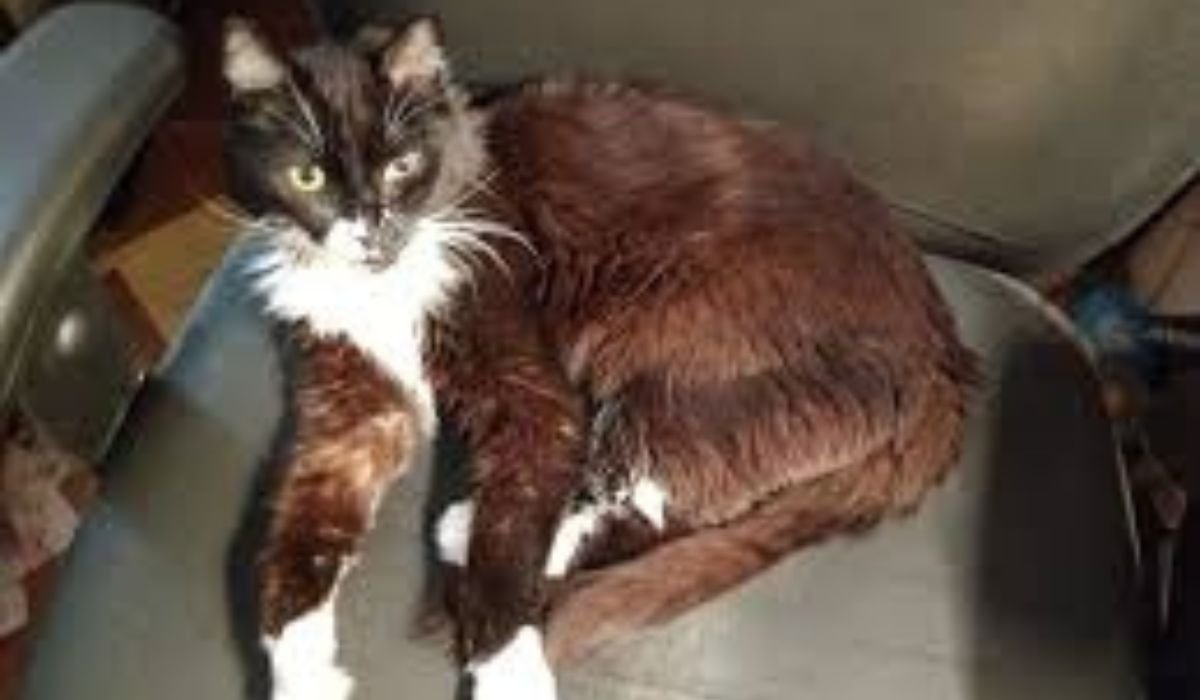Having a pet with fur or feathers is like having constant fun, love and joy around us. Sometimes, aging pets act a bit less lively and it’s our duty to see if they need assistance. Although checkups are important for prevention, some signs can indicate that your pet needs a thorough examination right away.
1. Appetite Alarms: I scream for ice cream, candy, bread dipped in sweet butter and lots of vegetables! For most pets, coming home is one of the happiest moments every day. When your pet no longer gets excited for meals, you should pay extra attention. Missing out on kibble, choosing only parts of the food and not eating anything can mean there is something wrong. In the same way, having little interest in food and losing weight may point to health problems such as diabetes or hyperthyroidism. Whenever there is a sharp change in the way pets eat, visit the vet for a thorough health check.
2. Bathroom Blues: Poor potty habits may not be comfortable to deal with, but they reveal useful details about your pet’s health. Changes in bowel movements, whether to constipation or to diarrhea and big changes in urine color or the number of times it is passed should not be ignored. You should not dismiss blood in your stool or urine either. Such problems may suggest that digestive systems are unbalanced, there are infections or organs might be affected. If all these bathroom blues persist, don’t hesitate to arrange a nose to tail exam so your pet’s digestion can be checked through their system.
3. Wonder of Energy: It’s common for a normally active dog to be found stretching out like a sunbathing lizard? Has your normally chatty pet bird grown quiet and wouldn’t even say hello? It is worrying if your pet’s energy levels drop quickly, they are less interested in play or they act generally tired. Being lazy sometimes is fine, yet if you keep feeling tired without explanation, it may suggest pain, discomfort or even depression. A thorough exam of your pet’s entire body can show what is causing your pet to have less energy and help them return to normal.
4. Behavioral Bewilderment: Just like people, our pets have their own customs and unusual habits. When you notice big changes in your pet’s actions, you should look into what may have happened. Unexpected aggression, being clingy to the point of irritation or spending much more time hiding can show that your pet is stressed, anxious or in pain. Losing sleep or staying awake during the night repeatedly may warrant your attention. As cats are not able to share their concerns like people, these odd behaviors are their attempt to get assistance. A close examination can find what’s causing your pet’s confusion and bring its behaviors back to normal.
5. Subtle Signals: Often, it’s the quiet signals that mean a lot. Similarly, if your pet keeps licking or scratching the same area, you should look for allergies, parasites or even infections. A dull or faded coat means the animal might not be feeling well and this can be due to nutritional deficiency. If your pet’s movement suddenly changes such as limping or stiffness, the problem should not be chalked up to them just getting older. Even though these small signs seem insignificant, they could point to major difficulties ahead. Performing a complete body check allows your vet to find these problems early, so your pet receives early treatment.
Always remember that pets can’t speak, but you can notice what they need by looking at their habits, actions and appearance. If you pay attention to these five signals and arrange regular nose to tail exams, you can make sure your pet lives long, healthy and full of love. Allow us to listen to what our pets are saying and offer them the help and attention they need from the vet.



